Importance of Checking Fluid Levels and Tires

Regularly checking fluid levels and tires is crucial for proper vehicle maintenance and safe driving. By monitoring engine oil and coolant levels, drivers can ensure optimal engine performance and prevent overheating. Examining brake fluid and transmission fluid helps ensure the effectiveness of braking systems and smooth gear shifting. Assessing power steering fluid and windshield washer fluid promotes safe and efficient driving. Additionally, checking tire pressure and tread depth enhances traction, stability, and overall road safety. Proactive fluid and tire maintenance can prevent costly repairs and accidents, making it essential for all drivers.
Ensuring Proper Vehicle Maintenance

Ensuring proper vehicle maintenance is crucial for the longevity and performance of your vehicle. Regularly checking fluid levels and tires is a key part of this maintenance routine. By monitoring engine oil and coolant levels, brake and transmission fluid, power steering fluid, and windshield washer fluid, drivers can catch any potential issues early on and prevent costly repairs. Additionally, checking tire pressure and tread depth promotes safe driving and prevents accidents. Taking the time to check these components regularly will keep your vehicle running smoothly and safely on the road.
Promoting Safe Driving
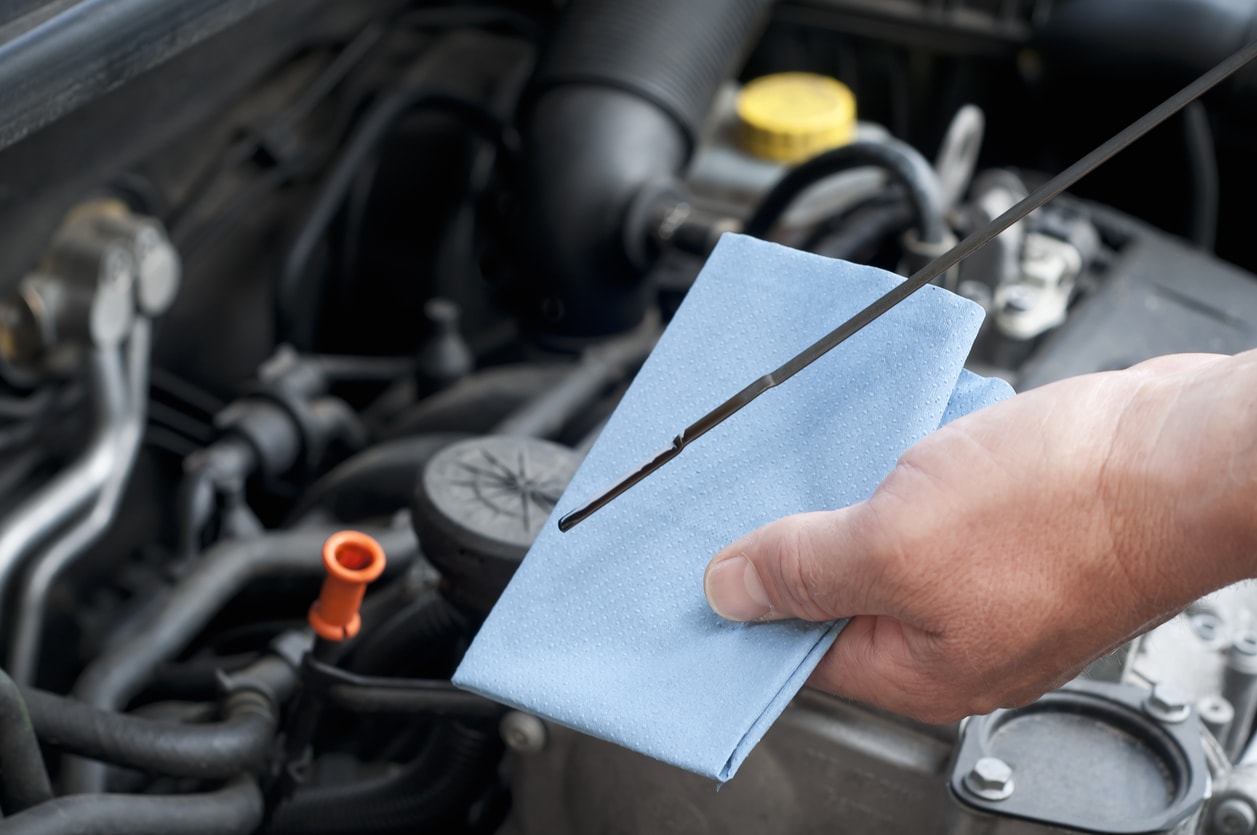
Promoting safe driving is a crucial aspect of vehicle maintenance. By regularly checking fluid levels such as brake fluid, transmission fluid, and power steering fluid, drivers can ensure that their vehicle's systems are functioning properly, enhancing safety on the road. Additionally, monitoring tire pressure and tread depth reduces the risk of accidents due to poor traction and handling. Regularly maintaining these aspects of the vehicle can contribute to a safer driving experience for everyone on the road.
Checking Engine Oil and Coolant Levels
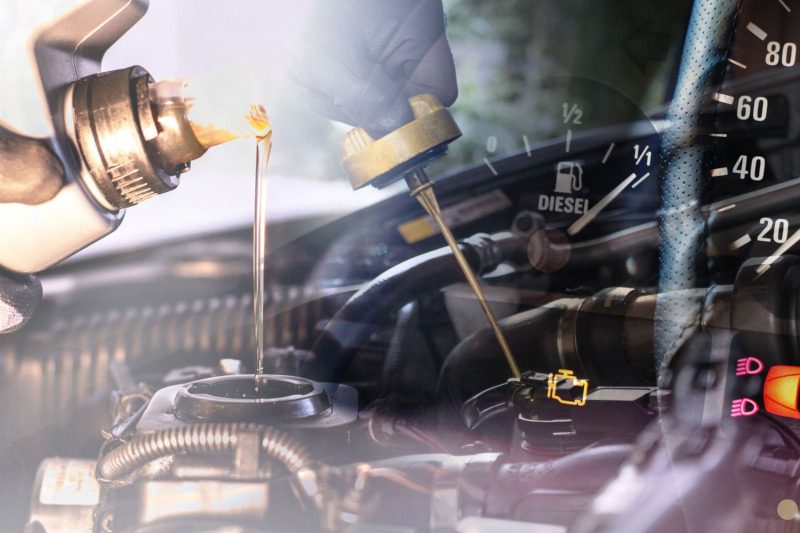
Engine oil and coolant play a vital role in maintaining the performance and longevity of a vehicle's engine. Regularly checking these fluid levels is essential for proper vehicle maintenance. To check the engine oil level, park the vehicle on level ground, locate the oil dipstick, wipe it clean, reinsert it fully, and then remove it to check the oil level. As for the coolant level, visually inspect the coolant reservoir, ensuring that the level is within the recommended range. Diligently monitoring these fluid levels helps prevent engine damage and overheating, promoting the overall health of the vehicle.
Engine Oil – Importance and Procedure
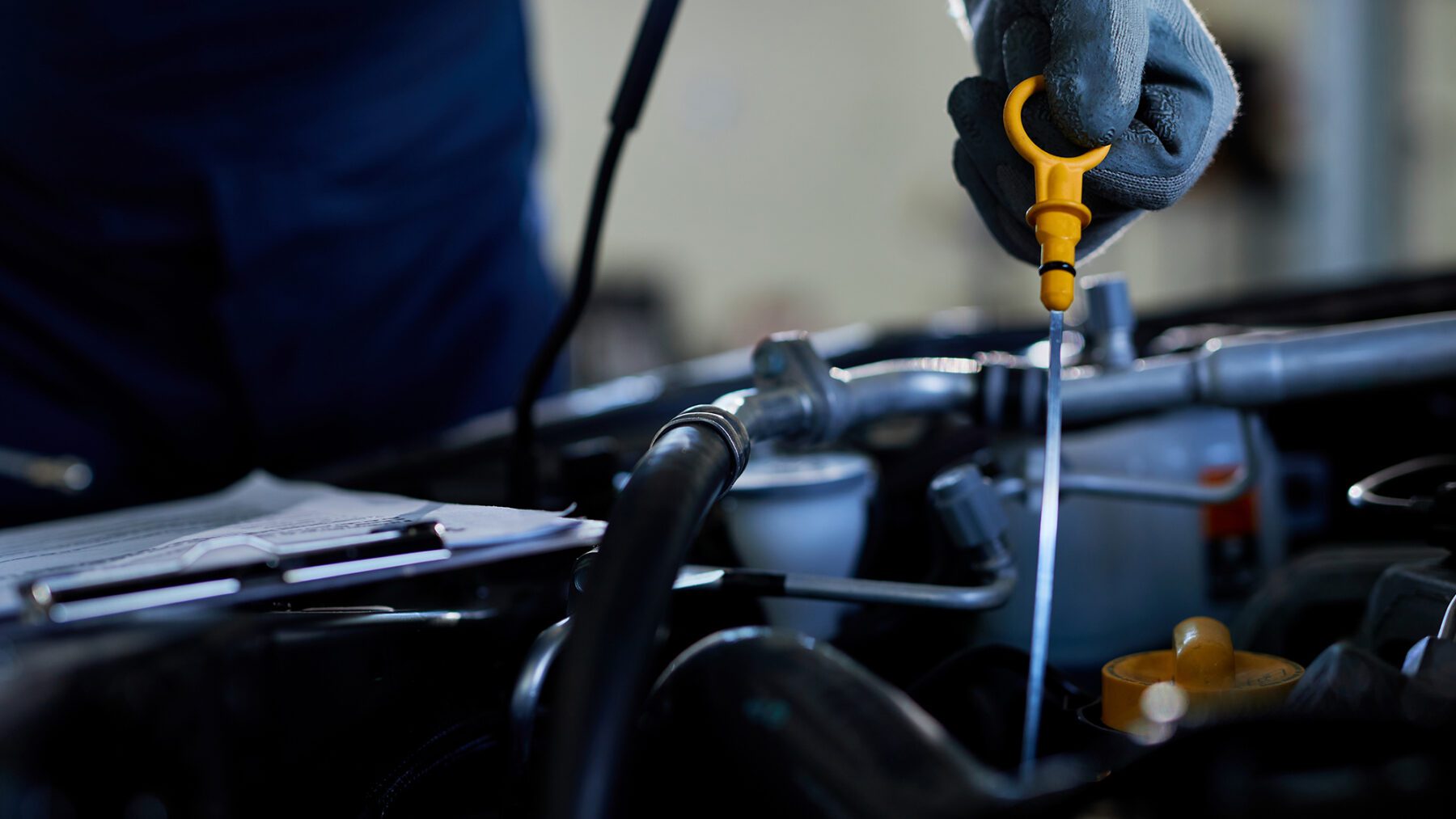
Engine oil is crucial for the proper functioning of a vehicle's engine. It lubricates the moving parts, reduces friction, and removes heat and debris. To check the engine oil level, park the vehicle on level ground, locate the oil dipstick, wipe it clean, reinsert it fully, and then remove it to check the oil level. Regularly monitoring and maintaining the engine oil ensures optimal engine performance and prevents potential damage.
Coolant – Significance and Inspection
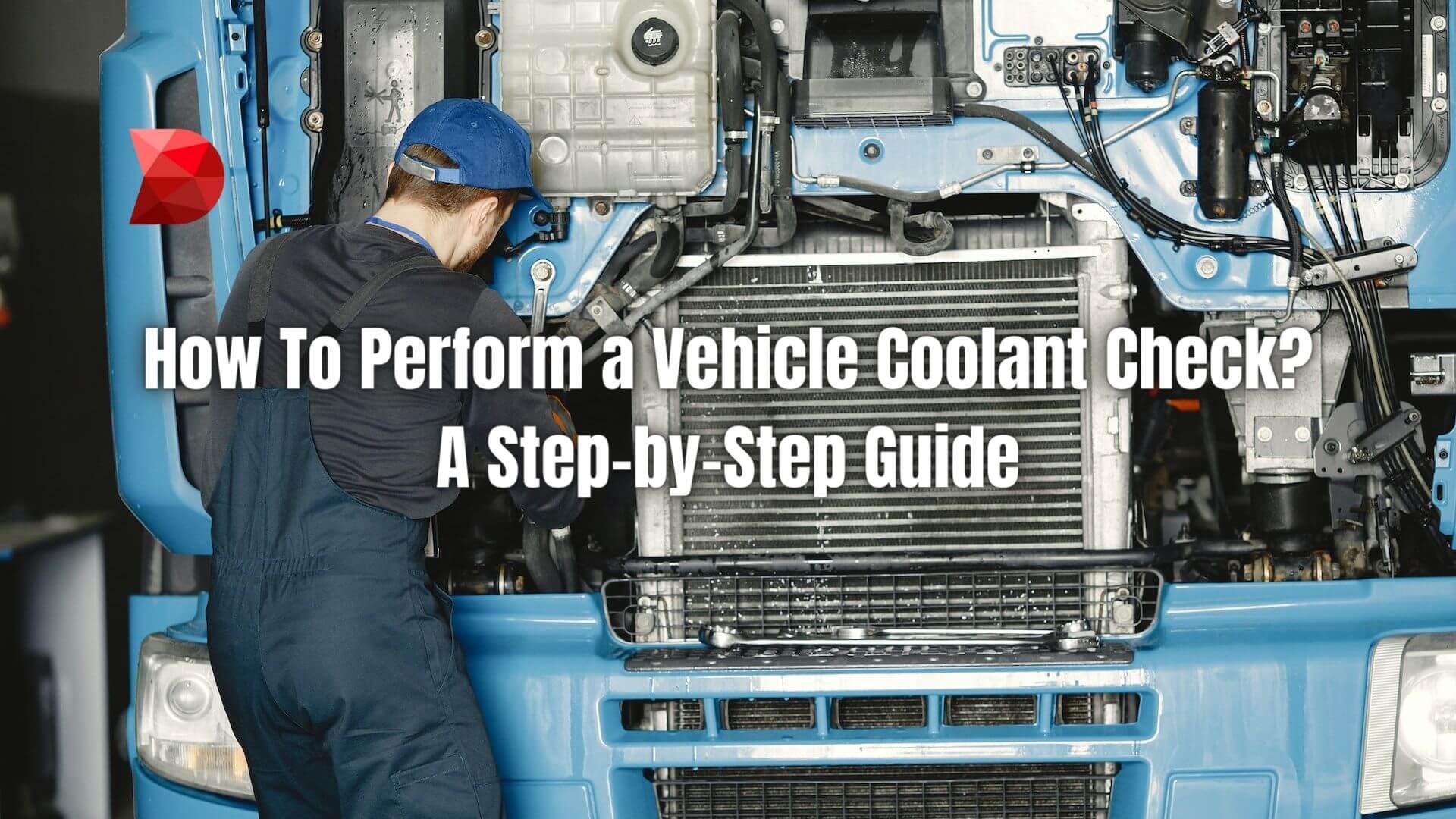
Coolant plays a crucial role in maintaining the optimal temperature of the engine. It prevents overheating and freezing, ensuring the engine runs smoothly. To inspect the coolant level, locate the coolant reservoir, check the markings, and ensure the coolant is between the minimum and maximum levels. Additionally, check the coolant color and consistency to ensure it is clean and free from contamination. Regularly inspecting and maintaining the coolant level and quality will help prolong the life of the engine.
Inspecting Brake Fluid and Transmission Fluid
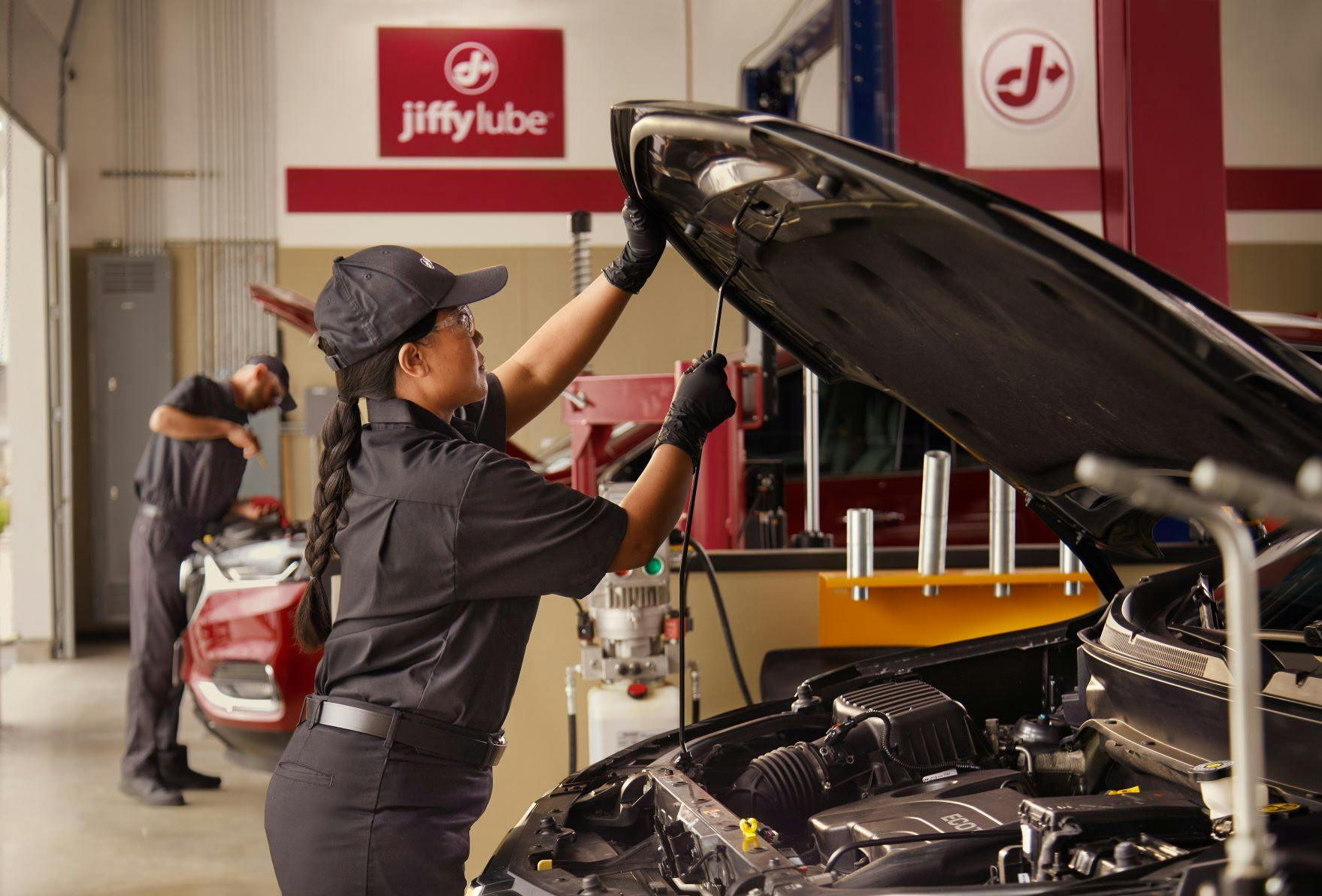
Inspecting brake fluid and transmission fluid is essential to ensure the proper functioning of these crucial components in a vehicle. For brake fluid, check the level and consistency to ensure it is within the recommended range and free from contamination. In the case of transmission fluid, inspect the color, smell, and level to identify any signs of deterioration or leaks. Regular maintenance of these fluids helps maintain optimal performance and enhances safety on the road.
Brake Fluid – Function and Examination

Brake fluid plays a critical role in the functioning of the braking system. It transmits force from the brake pedal to the brakes, allowing the vehicle to slow down or stop. During an examination, check the brake fluid level and consistency. It should be within the recommended range and free from contamination or discoloration. Any issues with the brake fluid can affect braking performance and safety on the road.
Transmission Fluid – Role and Assessment
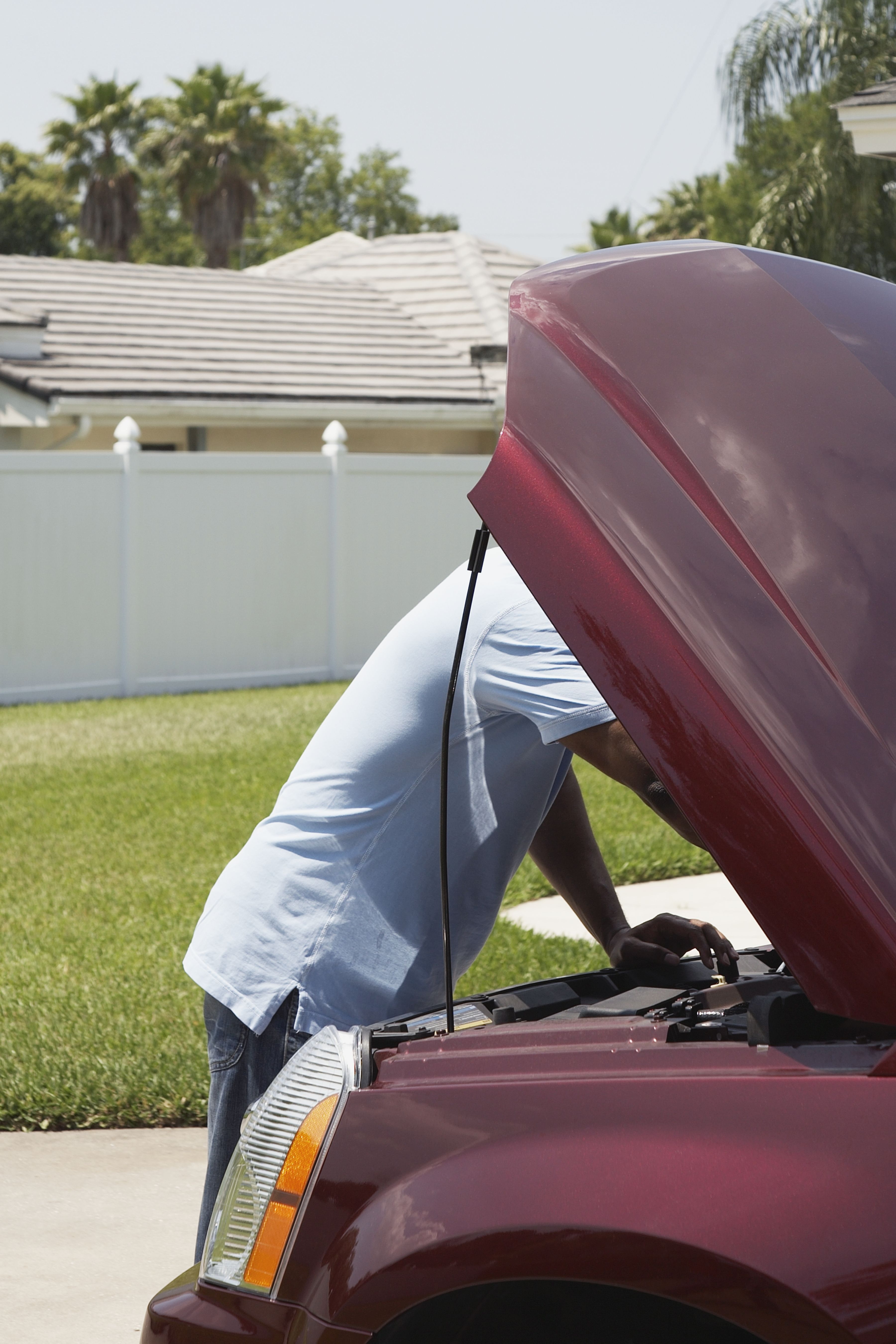
Transmission fluid serves multiple purposes in a vehicle's transmission system. It lubricates the moving parts, cools down the transmission, and helps transmit power efficiently. During an assessment, the transmission fluid level and condition should be checked. The fluid should be clean and free from any debris or discoloration. Any issues with the transmission fluid can lead to transmission problems and affect the vehicle's performance on the road. Regular inspection and maintenance of the transmission fluid are crucial for the smooth operation of the transmission system.
Evaluating Power Steering Fluid and Windshield Washer Fluid
.jpeg)
To ensure optimal vehicle performance, it is important to regularly evaluate the power steering fluid and windshield washer fluid. Power steering fluid plays a crucial role in keeping the steering system lubricated and functioning smoothly. During evaluation, check for any leaks, discoloration, or unusual odors. Similarly, windshield washer fluid is essential for maintaining clear visibility while driving. Verify that the fluid is at an adequate level and free from debris or contaminants. Regular evaluation of these fluids will contribute to the overall safety and efficiency of your vehicle.
Power Steering Fluid – Purpose and Analysis
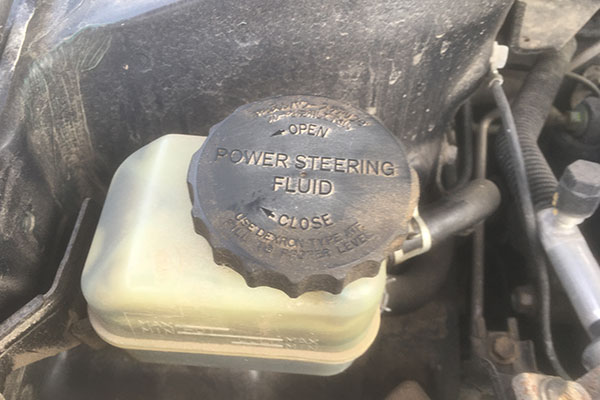
Power steering fluid is essential for the smooth operation of the steering system. Its main purpose is to lubricate the components and reduce friction, allowing for easy and precise steering. During analysis, ensure there are no leaks, discoloration, or unusual odors in the fluid. Maintaining proper power steering fluid levels and quality is crucial to ensure optimal vehicle handling and maneuverability.
Windshield Washer Fluid – Importance and Verification
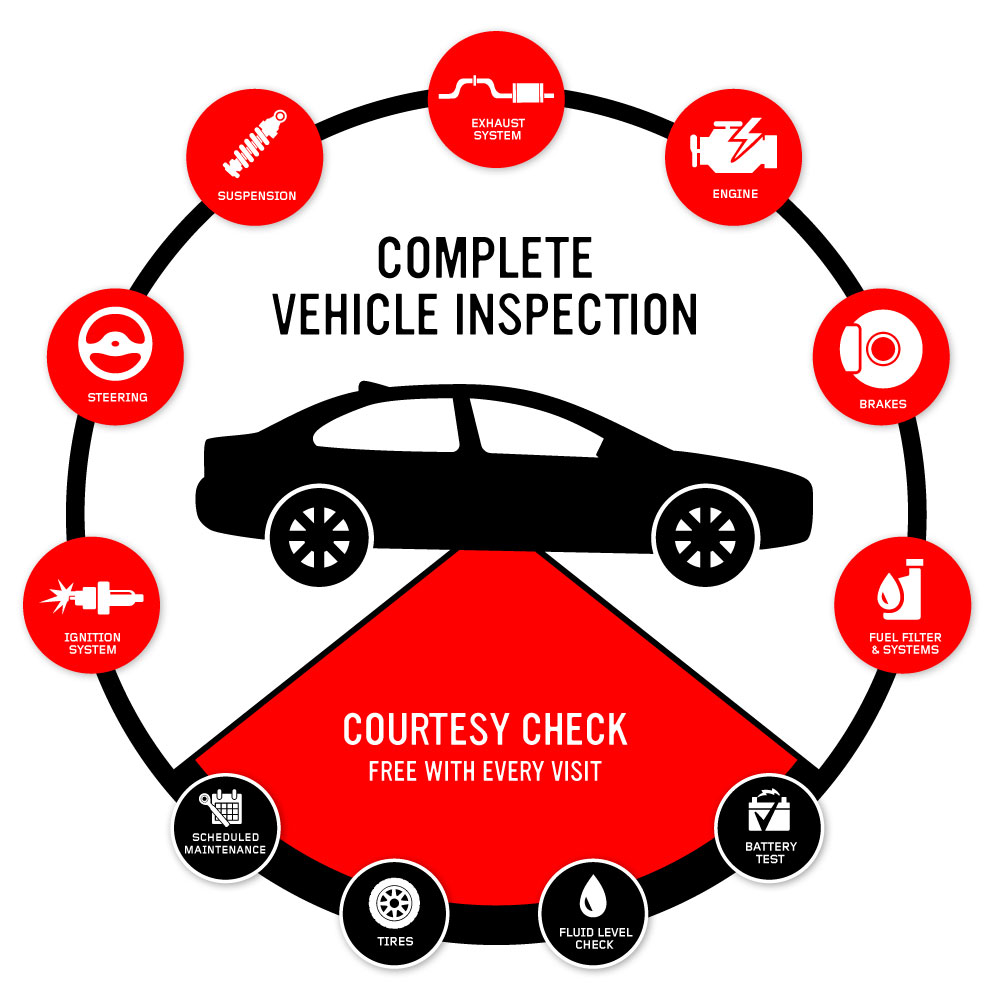
The windshield washer fluid plays a crucial role in maintaining clear visibility while driving. It helps to remove dirt, dust, and other debris from the windshield, ensuring a clear view of the road. To verify the windshield washer fluid level, simply lift the hood of the vehicle and locate the windshield washer reservoir. Check the fluid level and top it up if necessary using a recommended windshield washer fluid. Regularly inspecting and maintaining the windshield washer fluid ensures safe and unobstructed driving.
Checking Tire Pressure and Tread Depth
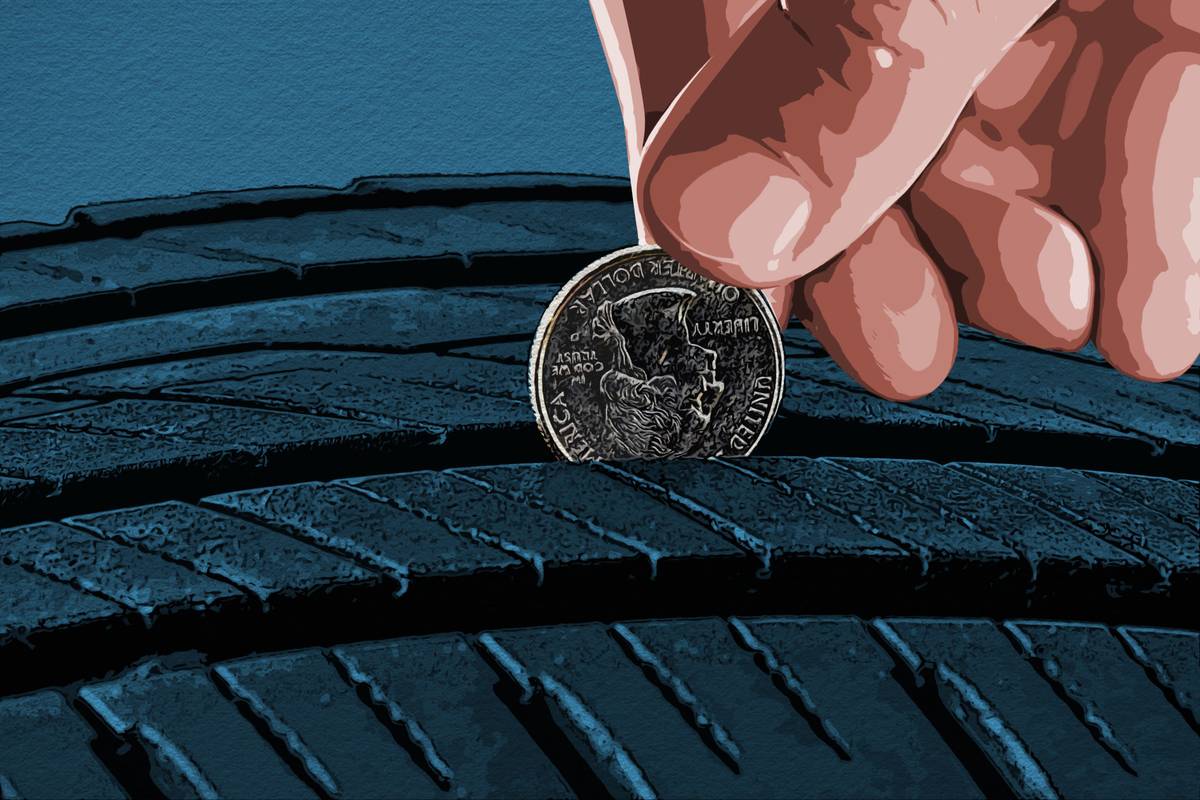
Regularly checking the tire pressure and tread depth is crucial for maintaining optimal performance and safety. Incorrect tire pressure can result in poor fuel efficiency and increased risk of accidents. Use a tire pressure gauge to ensure the tires are inflated to the recommended levels. Additionally, inspect the tread depth to ensure it meets the minimum legal requirements, as worn-out tread can compromise traction and stability. Regular tire maintenance helps prolong the lifespan of the tires and ensures a smooth and safe driving experience.
Tire Pressure – Significance and Measurement
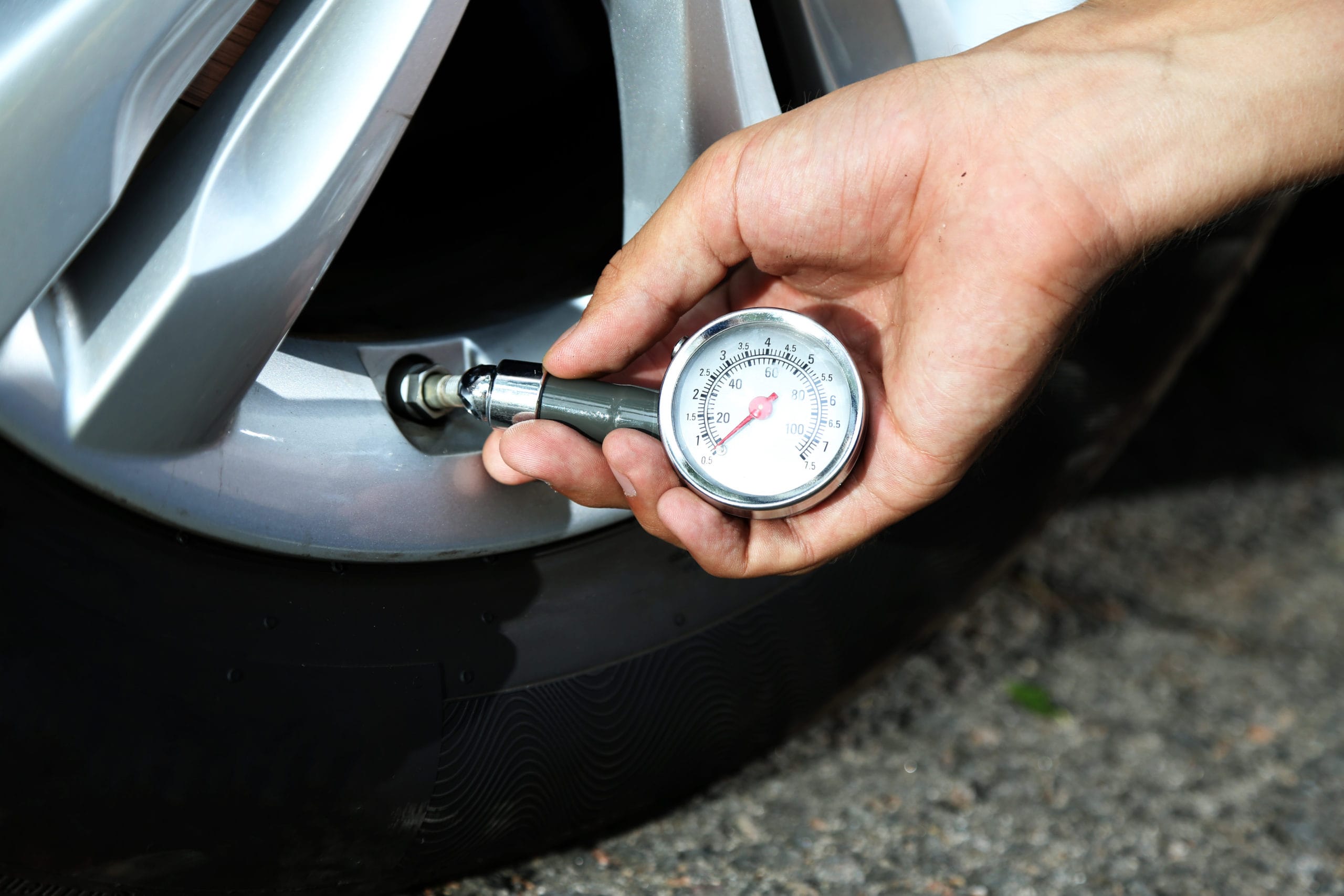
Maintaining proper tire pressure is crucial for optimal vehicle performance and safety. Under-inflated tires can lead to decreased fuel efficiency and increased risk of accidents. Over-inflated tires, on the other hand, can result in reduced traction and control. To ensure the tires are inflated to the recommended levels, use a tire pressure gauge. Refer to the vehicle's manual or the sticker inside the driver's door for the correct tire pressure specifications. Regularly checking and maintaining the tire pressure helps ensure a smooth and safe driving experience.
Tread Depth – Impact and Evaluation
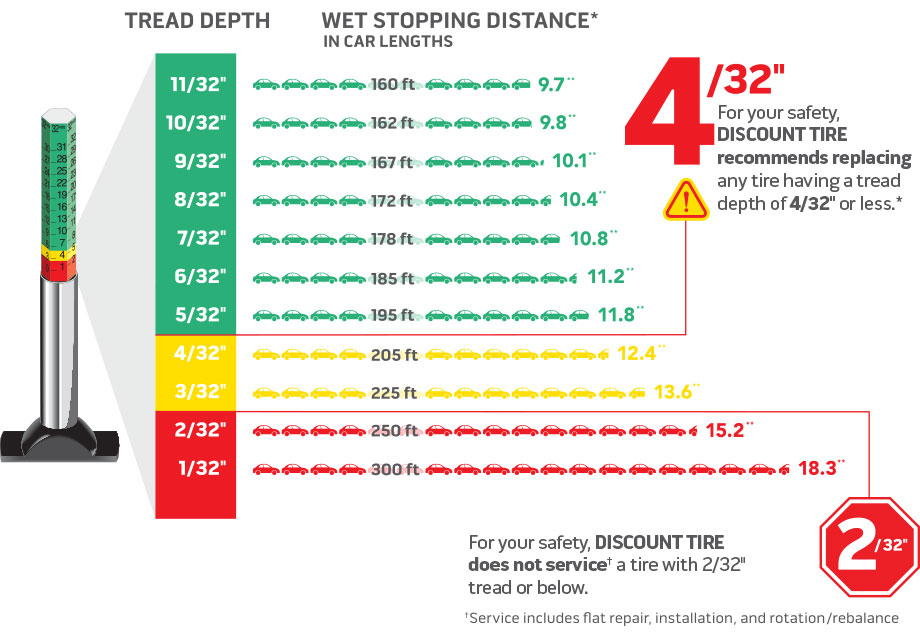
The tread depth of a tire plays a crucial role in maintaining traction and ensuring safe driving conditions. A tire with worn-out treads can lead to decreased grip on the road, especially in wet or slippery conditions. To evaluate the tread depth, use a tread depth gauge or the "penny test". Insert a penny into the tread grooves, and if Lincoln's head is fully visible, it's time to replace the tire. Regularly checking the tread depth helps prevent accidents and ensures optimal performance.
Conclusion

In conclusion, regular checking of fluid levels and tires is essential for proper vehicle maintenance and safe driving. By monitoring engine oil, coolant, brake fluid, transmission fluid, power steering fluid, and windshield washer fluid, drivers can ensure optimal performance and prevent potential issues. Additionally, maintaining appropriate tire pressure and tread depth enhances traction and minimizes the risk of accidents. Taking these simple steps can greatly contribute to the longevity and safety of a vehicle.
Recap of Importance of Regular Fluids and Tires Check-up

Regular fluid and tire check-ups are essential for proper vehicle maintenance and safe driving. By monitoring engine oil, coolant, brake fluid, transmission fluid, power steering fluid, and windshield washer fluid, drivers can prevent potential issues and ensure optimal performance. Additionally, maintaining appropriate tire pressure and tread depth enhances traction and minimizes the risk of accidents. These simple steps contribute to the longevity and safety of a vehicle. Remember, regular check-ups are key to keeping your vehicle running smoothly.
Additional Tips for Vehicle Maintenance
Regular maintenance is crucial for the longevity of your vehicle. In addition to checking fluids and tires, consider these additional tips for proper vehicle maintenance:
- Regularly clean and wax your car to protect the paint and prevent rust.
- Replace windshield wiper blades and keep the windshield clean for better visibility.
- Test your car battery regularly and replace it if necessary.
- Rotate your tires regularly to ensure even wear.
- Follow the manufacturer's guidelines for oil changes and filter replacements.
- Pay attention to any unusual noises, vibrations, or warning lights and address them promptly.
Following these tips will help to keep your vehicle running smoothly and minimize the risk of unexpected breakdowns.